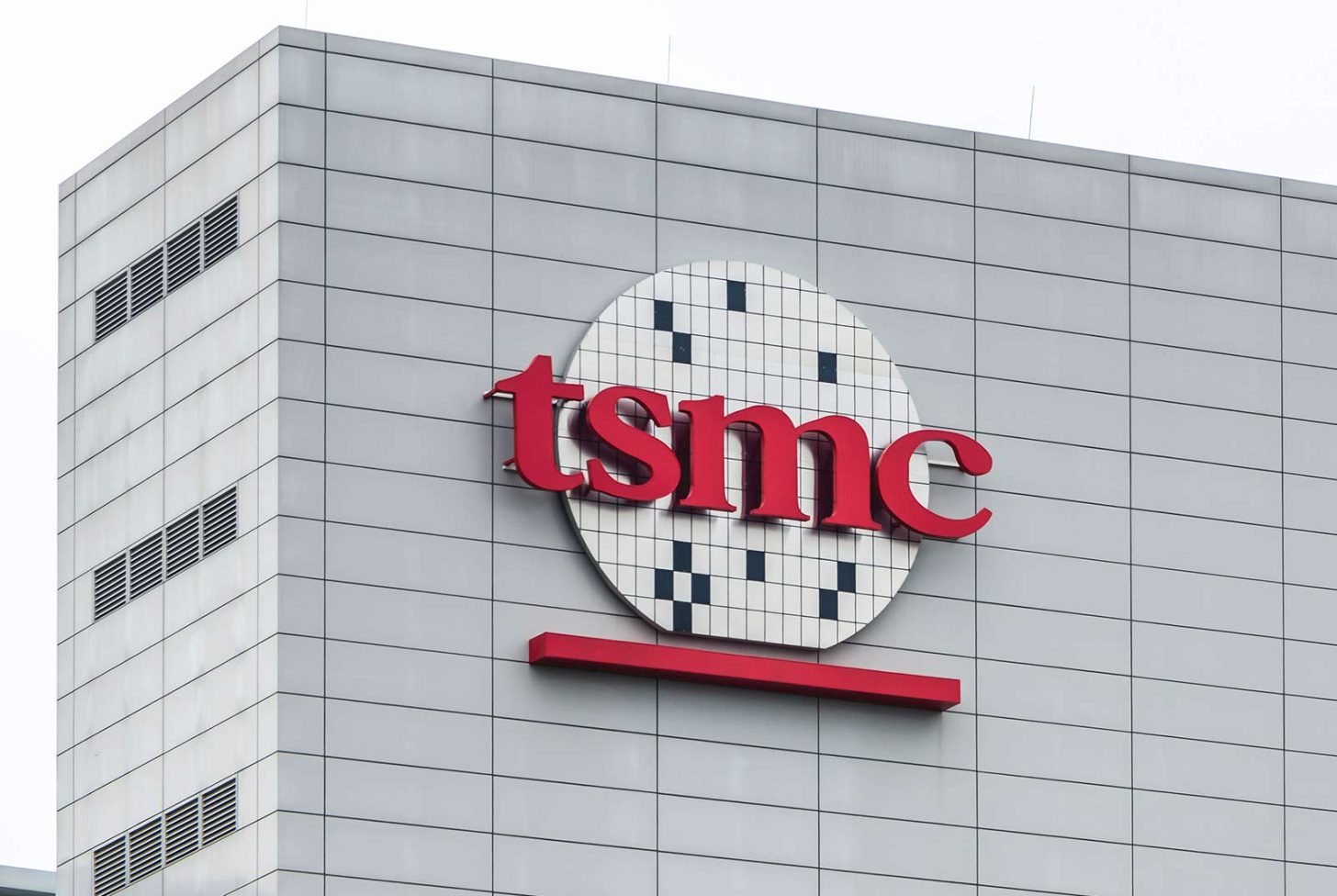**TSMC’s Investments in the US: A Strategic Move to Stay Ahead in the Chip Industry**
A Taiwanese official has recently made bold claims regarding Taiwan Semiconductor Manufacturing Company’s (TSMC) extensive investments in the United States, describing them as an essential step to prevent competitors from gaining a foothold in the region.
### Why TSMC’s US Investments Were Necessary
TSMC’s presence in the US chip industry has been met with skepticism among Taiwanese officials and citizens alike, who worry about potential “technology transfer” to America. However, it’s important to recognize that a significant portion of TSMC’s client base consists of major American companies such as NVIDIA, AMD, and Apple. This highlights how deeply US policies and market conditions influence TSMC’s business decisions.
According to a report by Taiwanese media outlet Ctee, quoting Taiwan’s former EU envoy Roy Chun Lee, one critical reason behind TSMC’s investments in the US was to divert the US government’s focus from supporting Intel. Lee warned that if Taiwanese citizens oppose TSMC’s investment abroad and insist that the company stay strictly in Taiwan, it could harm trust between TSMC and its customers. This, in turn, might prompt the US to fully back Intel’s growth as a chipmaking alternative. “We shouldn’t force others to support TSMC’s competitor,” Lee commented.
### Strategic Importance of the US Market and Supply Chain Stability
TSMC’s influence over the US semiconductor industry is undeniable. Given the considerable demand from American clients, investing directly on US soil became increasingly necessary to maintain a stable and reliable supply chain.
Discussions around TSMC’s staggering $165 billion investment reportedly began during the Biden administration. The move was aimed at leveraging the growing trend within the semiconductor industry to shift production closer to the US market.
Moreover, another crucial motivation for this large-scale investment was to prevent Intel from gaining renewed prominence. If TSMC had refrained from investing in the US, it would not only face significant tariff hurdles but also risk pushing American firms like NVIDIA and Apple towards developing in-house chip manufacturing solutions. Intel remains the only other semiconductor company in the US capable of producing leading-edge nodes, which places it in a position to challenge TSMC’s dominance.
### Impact on Intel and the US Semiconductor Landscape
Consequently, TSMC’s expansion poses a strategic concern for Intel’s ambitions. Instead of being the “primary” manufacturing option for US clients, Intel is now positioned as an “alternative.” This reshaping of the competitive landscape highlights the importance of TSMC’s US investments in maintaining its leadership role in cutting-edge chip production.
### Looking Ahead: TSMC’s Future Plans in America
So far, TSMC’s investments in the US have proven to be a major success. The company plans to scale up production to state-of-the-art nodes, including those used in Apple’s A16 chips (1.6nm technology). Additionally, TSMC is exploring the launch of new facilities across America to better serve its clients’ growing demands.
In summary, TSMC’s aggressive push into the US market reflects a strategic blend of protecting its customer relationships, responding to geopolitical realities, and staying ahead of competitors like Intel. The Taiwanese chip giant’s investments are not just financial commitments—they are vital moves to secure its future leadership in the global semiconductor industry.
https://wccftech.com/if-tsmc-hadnt-invested-heavily-in-arizona-the-us-government-wouldve-been-forced-to-back-intel/


